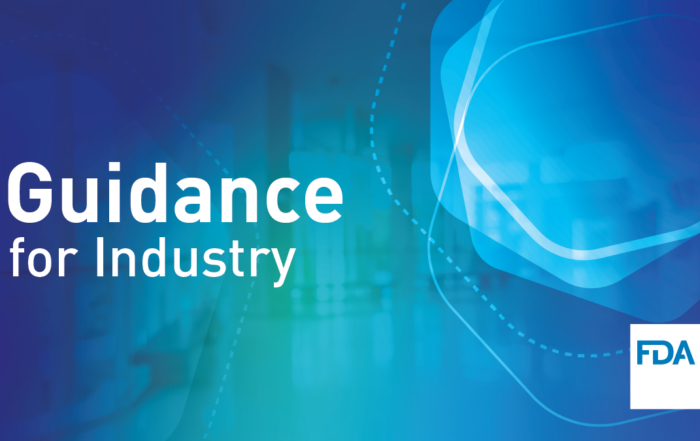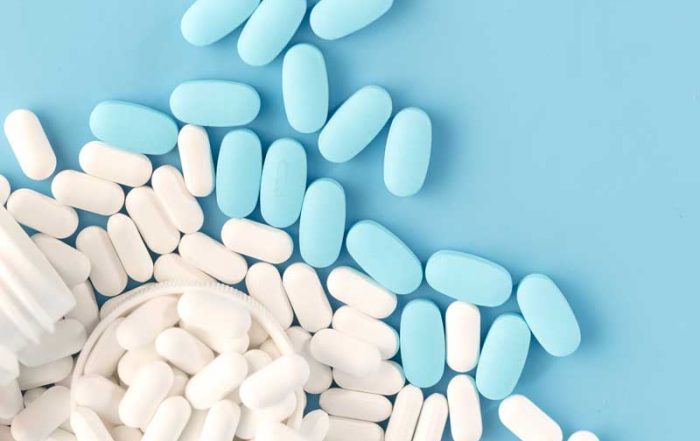FDA Issues Testing Guidance: Testing of Ethanol and Isopropyl Alcohol
FDA Guidance Overview: The US FDA has issued guidance on the testing of Ethanol and Isopropyl Alcohol for Methanol. At the time of publication, it was intended for immediate implementation. The guidance focused on the potential health hazards associated with alcohol (ethanol and isopropyl alcohol) contaminated with methanol. The potential public health hazards of methanol became apparent as the COVID-19 pandemic increased awareness, the demand for and the subsequent exposure to hand sanitizers. Both ethanol and isopropyl alcohol are widely used ingredients in pharmaceutical and natural health products that range from certain inhalation products to mouth washes, creams, lotions, sprays and aerosols.
Key Recommendations and Requirements The recommendations emphasize the requirements to conduct appropriate analytical testing on all lots of pharmaceutical alcohol before use in drug product manufacturing. The current FDA expectation is that all manufacturers perform identity testing including a limit test for methanol on all containers received in a shipment of pharmaceutical alcohol.
Client Responsibilities: The current USP monographs provide a Methanol limit of 200ppm for ethanol and isopropyl alcohol. Materials are considered adulterated if they are present above this limit.
Manufacturers are reminded that:
- They are responsible for knowing the entities involved in their supply chain.
- They are responsible for establishing finished product drug product test methods.
- All personnel should be aware of the importance of proper testing.
- Repackers and other who distribute and prepare alcohols (ethanol, IPA) APIs also conduct adequate testing.
- That testing should be conducted on all alcohol that is intended to be used as an excipient in pharmaceutical products.
We Can Help You: In addition to guiding, you through the specifics of the FDA guidance, MCS offers a range of services designed to support manufacturers in adapting to these regulatory changes. Here’s how we can assist you:
- Development of Raw Material and Finished Product Specifications: MCS experts can assist in the development of material specifications aligning with industry standards and regulatory requirements for enhanced quality control.
- Development and Validation of Analytical methodologies for raw materials and finished products: MCS can assist in designing, preparing and coordinating analytical method verification studies for raw materials and ICH-guideline compliant analytical method validation studies.
- Risk Management Strategies: MCS offers a tailored risk assessment approach to evaluate potential effects on drug quality, helping you proactively manage risks and ensure compliance.
- Communication with Regulatory Authorities: Our team facilitates effective communication with regulatory authorities, helping clarify expectations and address any queries during the reformulation process.
Our Firm Can Benefit You with:
- Expertise: Our team comprises seasoned professionals with in-depth knowledge of pharmaceutical quality and regulatory compliance.
- Custom Solutions: We tailor our services to your specific needs, ensuring that our guidance aligns seamlessly with your business objectives.
- Timely Support: We understand the urgency of regulatory changes and provide timely support to facilitate a swift and compliant transition.
As a part of our core competencies, MCS Associates can help interpret these guidance documents to determine the impact for clients involved in pharmaceutical and dietary supplement/natural health product production as well as compounding pharmacies. Our comprehensive set of services aim to simplify the reformulation process, enhance specifications development, and ensure your overall compliance with FDA guidance. We are dedicated to supporting your pharmaceutical quality initiatives and ensuring a seamless transition.
To learn more or request testing please contact us at: enquires@mcs-associates.com
#MCS Associates; #FDAGuidance; #ReenaGroup #Regaffairs, #Ethanol, #IsoproylAlcohol, #Methanol





